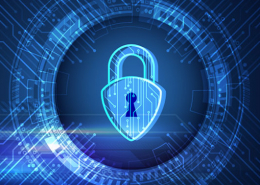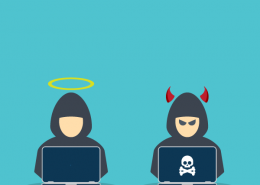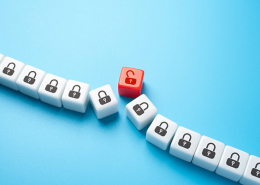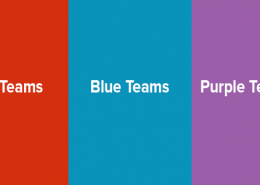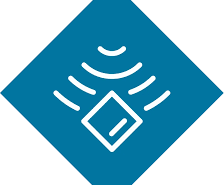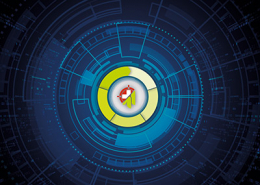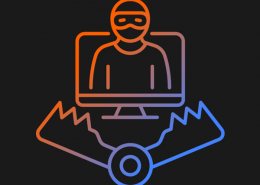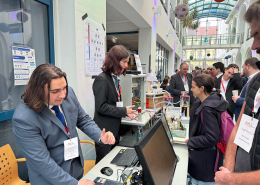 https://www.ikarussecurity.com/wp-content/uploads/2025/03/IMG_2888-1200.jpg
900
1200
IKARUS
https://www.ikarussecurity.com/wp-content/uploads/2025/02/IKARUS-Security-Software-4-1.png
IKARUS2025-03-27 13:29:322025-03-27 13:29:33IKARUS Supports HTL Project FENRIR as Partner and Sponsor
https://www.ikarussecurity.com/wp-content/uploads/2025/03/IMG_2888-1200.jpg
900
1200
IKARUS
https://www.ikarussecurity.com/wp-content/uploads/2025/02/IKARUS-Security-Software-4-1.png
IKARUS2025-03-27 13:29:322025-03-27 13:29:33IKARUS Supports HTL Project FENRIR as Partner and SponsorWith major changes in the usual daily routines, the Corona crisis is changing massively many branches of business. A significant impact is also noticeable in the crime statistics. Already at the beginning of the initial restrictions, the crime rate fell by around 60 percent according to data from the Austrian Ministry of the Interior!
However, fraudsters in particular are usually very flexible and creative. Known tricks and patterns are quickly adapted to current situations and topics. The police assume that in the coming weeks cyber-crime incidents will increase the most. The conditions are almost ideal – the fears and insecurities of many fellow human beings play into the attackers’ hands.
Old tactics in a new outfit
Proven attacks are quickly and cost-effectively updated with a corona reference. Malicious software now promises the latest corona information, phishing mails pretend to be messages from trade, logistics, banks or even ministries.
The unprepared changeover to home office and home schooling also provides new sources of danger. For example, while important precautions such as spam filters and backups are implemented by IT in the familiar office environment, these are often missing completely in the private sphere – or it is left to the individual to protect himself. This creates new risks. Poorly secured private systems can be misused as a possible gateway into company networks.
Criminal fraud takes advantage of pandemic restrictions
Current variants of the “grandchild trick” are already known. Mostly older people are tricked under pretexts into giving money or valuables to unknown parties. In the Corona version, contact is now also made on behalf of authorities, offices or relatives “in emergency situations”. The money is often transferred without contact.
Even the possible danger does not discourage criminals, as examples show: In western Austria, strangers pretended to be employees of the city or non-profit associations to collect donations or to gain access to apartments for supposed corona tests. Criminals quickly adapted to the new situation, said Europol. The EU police force is seeing an increase in fraud, cybercrime, theft and counterfeiting. [1]
Online trade, logistics and cyber fraudsters benefit from restrictions on outdoor activities
Online trade and logistics companies benefit from the restrictions of traditional purchasing. With the demand for online platforms, the number of fake shops and false articles is also increasing, Europol reports. Protective masks and disinfectants are particularly affected. But also medicines and remedies are often the basis of false promises and attempts at fraud. Whether missing deliveries, missing payments or fake or inferior goods – the authorities are currently dealing with all variants.
Prevention: creating awareness and sharing knowledge
Digital communication can be faked relatively easily. Not only emails, but also SMS, WhatsApp and social media messages need to be critically examined. Be attentive if even a slight suspicion comes up. Although tempting, now is not the right time to try out the latest shops and most tempting offers. What sounds too good to be true is often deception.
Actively address the dangers and risks even in your own environment with as yet inexperienced users or share the warnings digitally. Cohesion, mutual support and awareness raising help to put a stop to fraud.
Links:
[1] https://www.europol.europa.eu/newsroom/news/how-criminals-profit-covid-19-pandemic

